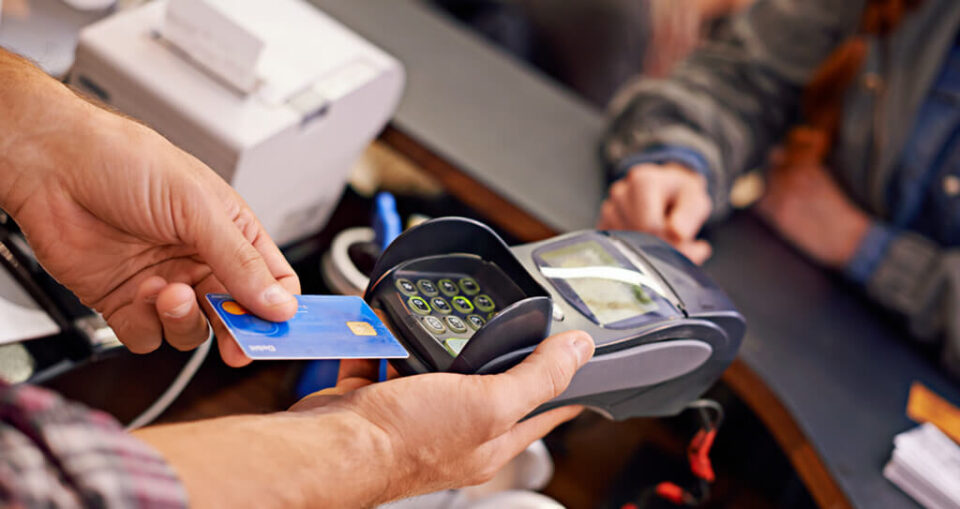The arena for payment processing is huge and continues to grow. New technology is expanding the avenues for customers to pay you for your products and services. And that makes it all the more important to pick the best credit card processor for your business.
To that end you will have to consider various factors like setup, security features, accepted payment types, in-store payments processing rates, and customer support.
Here, we examine these factors so you can make the best choice for your business.
How to Select the Right Credit Card Processor
Table of Contents
1. Cost
Small businesses feel the pinch of additional costs and fees much more severely than big ones. The upfront cost varies per credit card processor, and credit card processing fees can be convoluted. So, first, figure out whether the processor you are picking charges a monthly fee or a flat fee per transaction.
If there are no fixed in-store payments processing rate, the processors can charge different fees for different card types. Most processors differentiate between card-present (CP) and card-not-present (CNP) transactions. The latter is more expensive because it carries a higher risk of fraud.
When you are looking for the best credit card processor for your business, pay attention to how they structure their fees. Also, watch out for other processing fees like interchange fees, gateway access fees, compliance fees, statement fees, and cancellation fees. And look at the cost of the equipment itself.
2. Security
With fraud being so common, security and fraud prevention should be your main concern while picking the best credit card processors for your business. It should be compliant with PCI-DSS (Payment Card Industry Data Security Standard) regulations. Also, check for seller protection and support in case of fraud.
3. Payment Methods
Although it is called a credit card processor, it should allow you to accept payments from multiple methods. If your machine is capable of accepting contactless payments, you should be able to accept all NFC-based (Near Field Communication) payments from cards, phones, and wearables.
4. Interoperability
Being able to connect to the processing network directly via your POS system makes it easy to use. Some credit card processors integrate POS software natively into their system while others offer a network of partners to choose from. Decide what POS system you need depending on the complexity of your inventory and the needs of your business. Find a processor that also offers invoicing, reporting, and bookkeeping. If they have a robust partner ecosystem beyond the POS, it will be easier to connect to other services like Shopify and BigCommerce.
5. Customer Support
When it comes to machines and services, you will need help at some point, so find a processor that offers 24/7 support. You should be able to reach them via different channels like email, phone, and chat. And they should be efficient enough to quickly resolve the issue.
Keeping in mind these factors will help you pick the best credit card processor for your business. Do your research carefully and consider the various options, weigh their pros and cons, and then settle on one.
